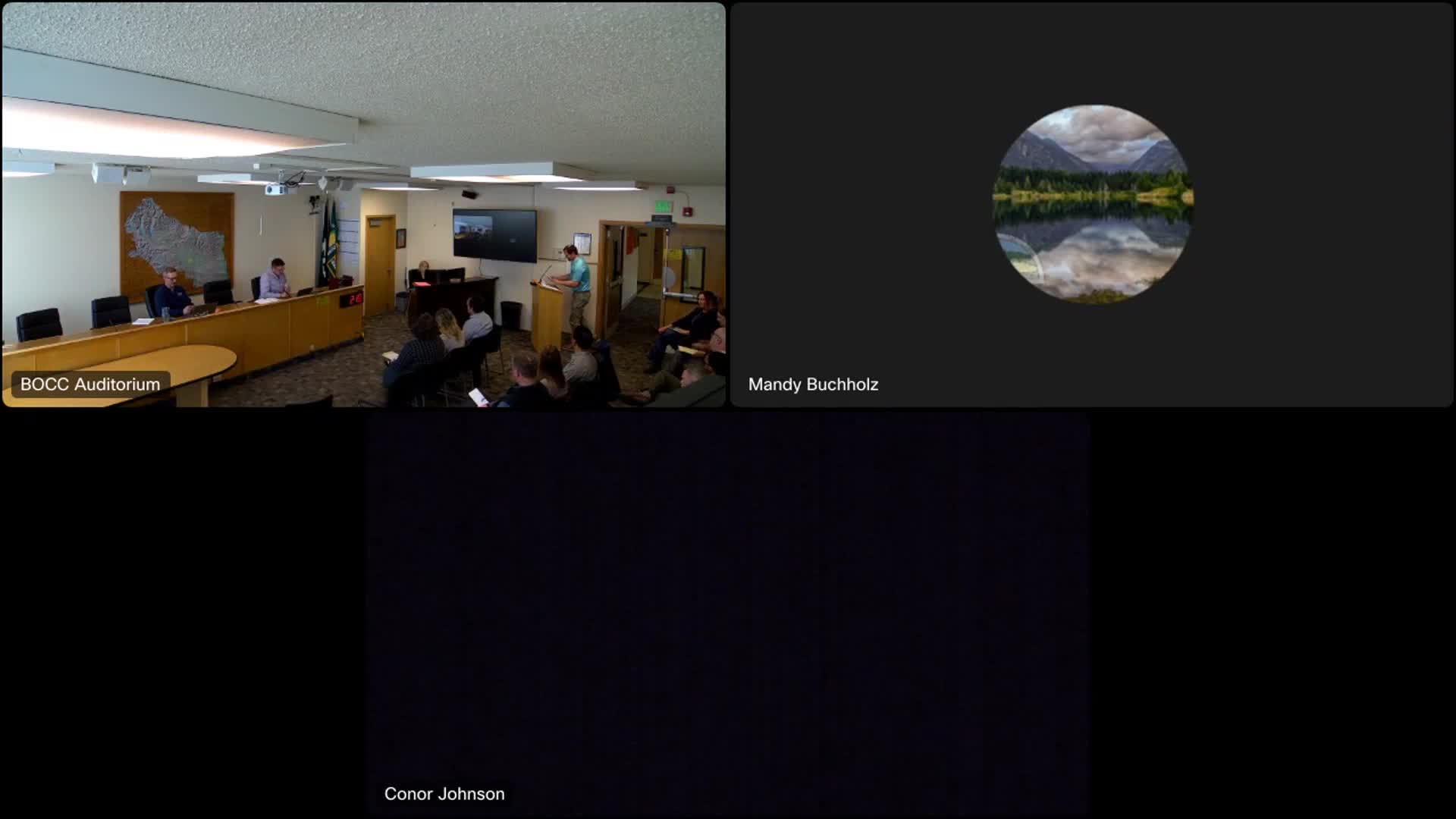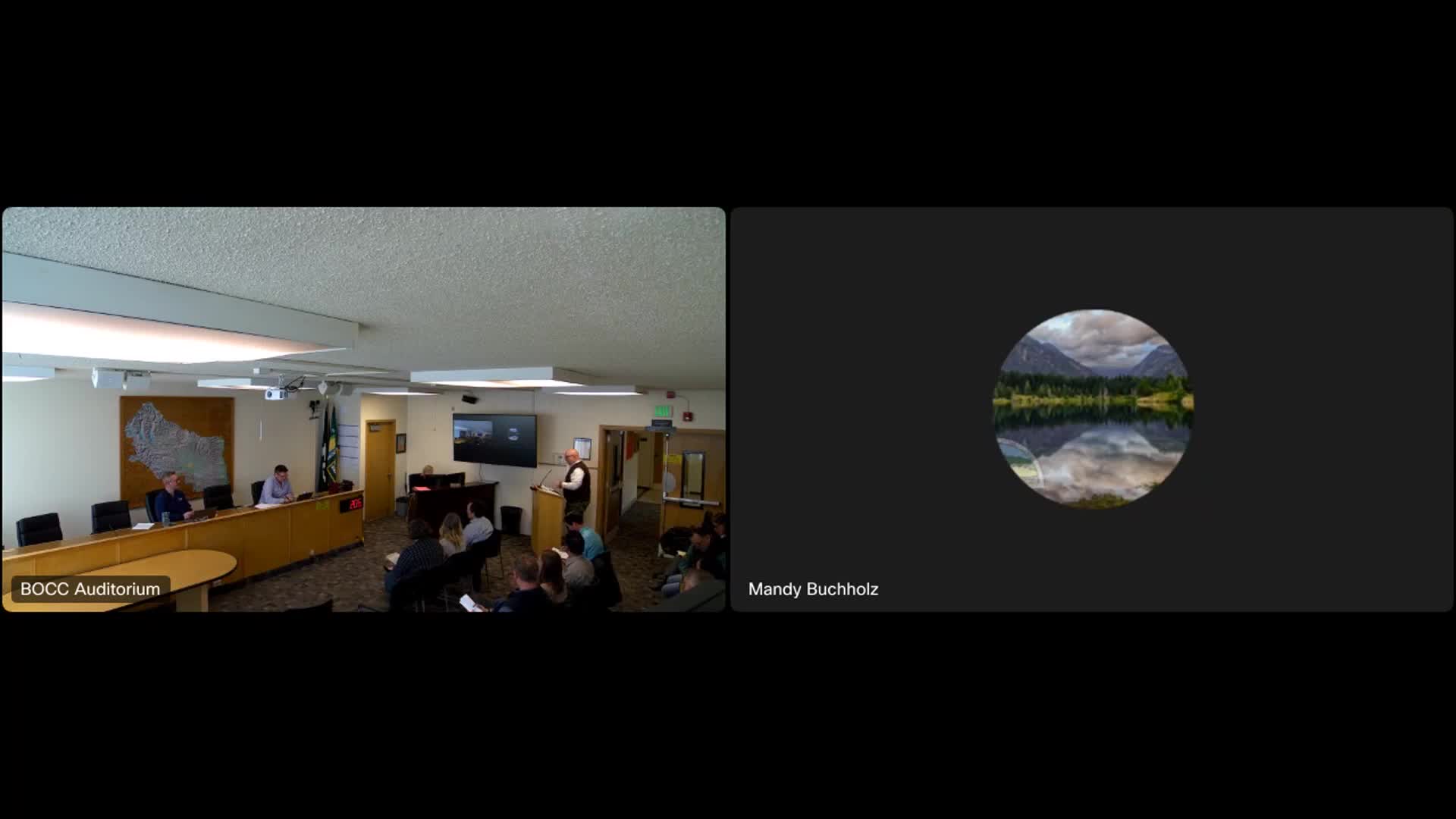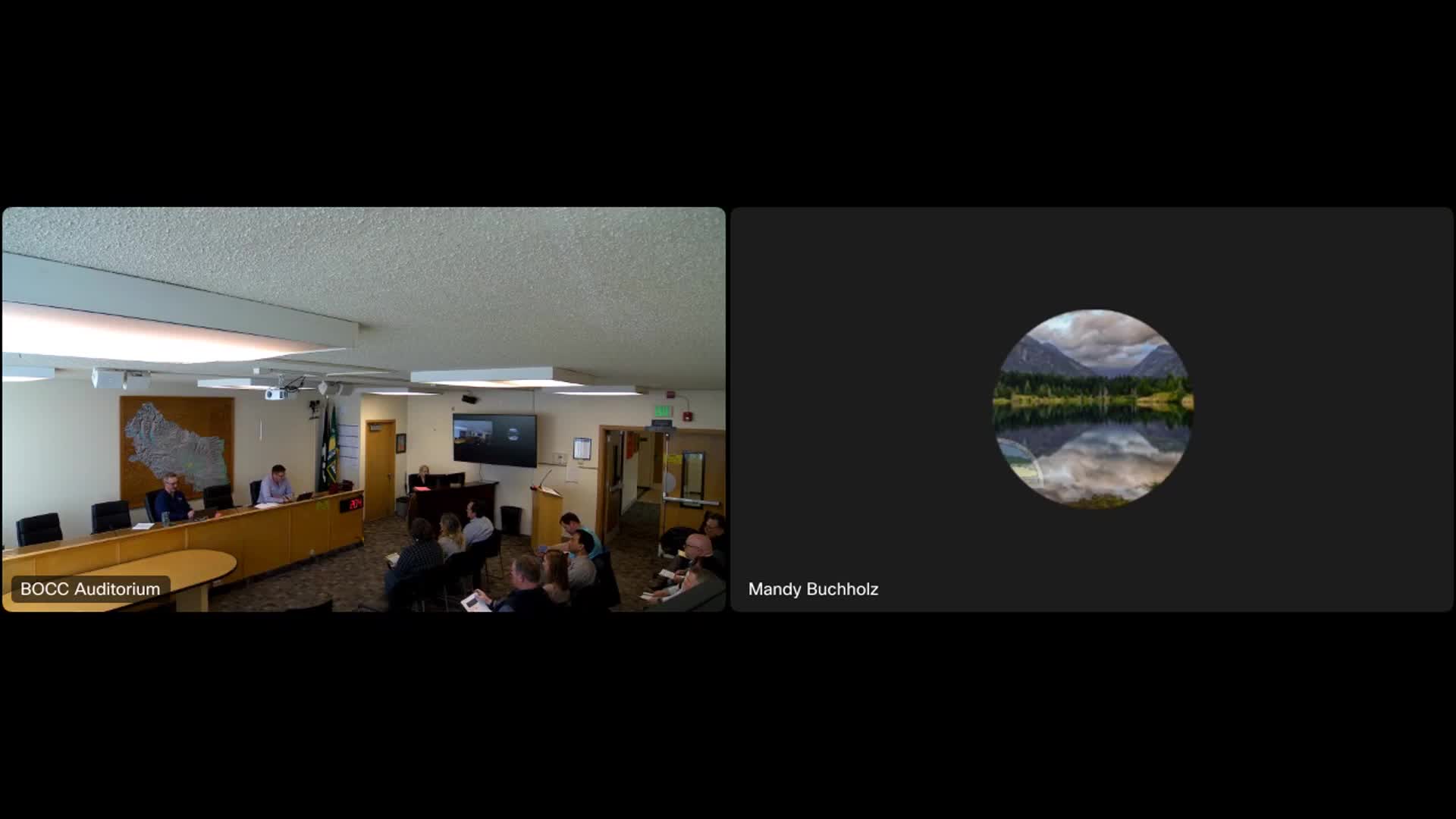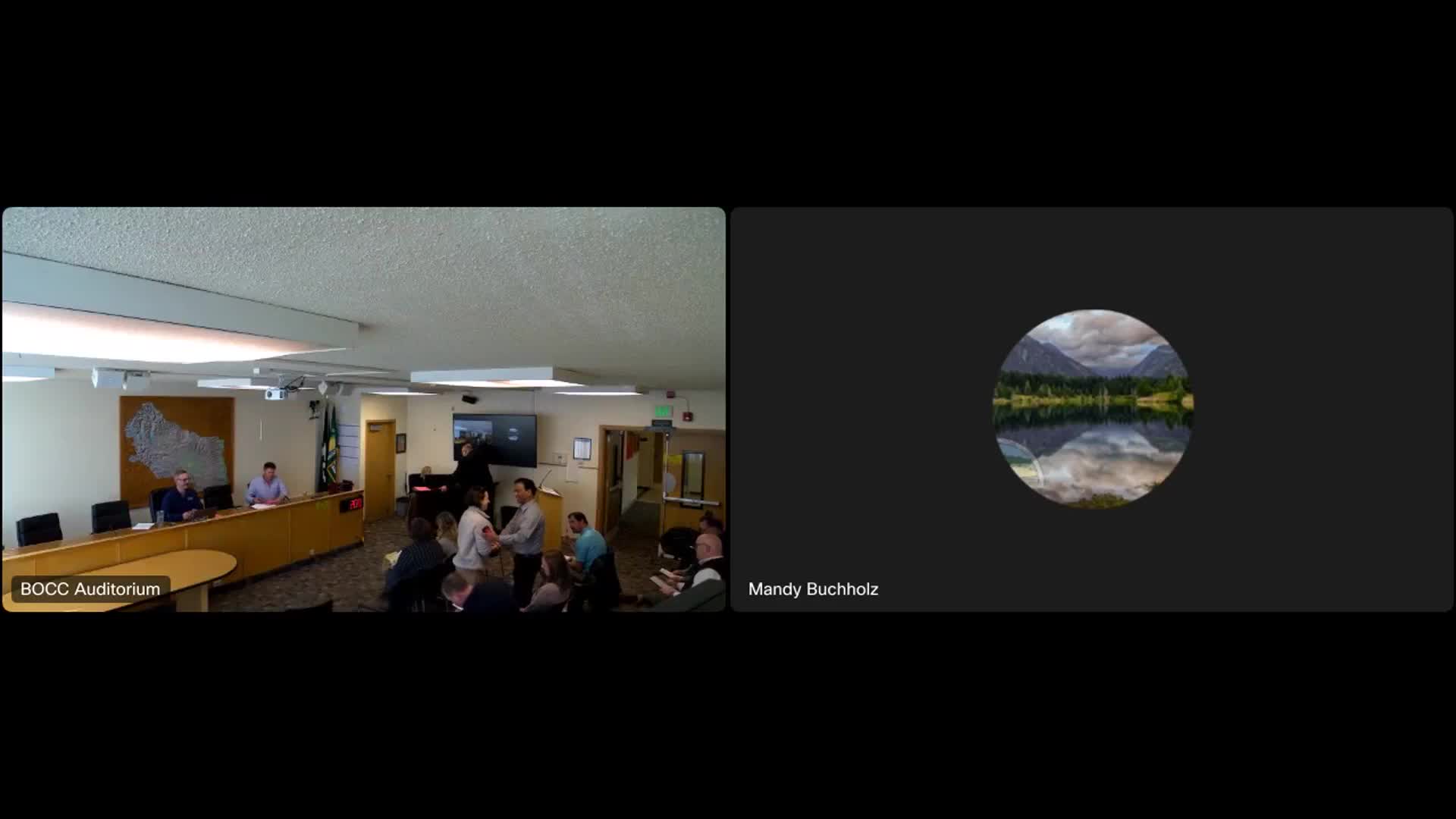Article not found
This article is no longer available. But don't worry—we've gathered other articles that discuss the same topic.

Commissioners uphold MDNS and approve rezone for Mardy Lake parcels despite Fish & Wildlife concerns

Kittitas County adopts ordinance to implement permit 'shot clock' and fee option under state law

Kittitas County suspends annual comprehensive-plan docket for 2025–2026

